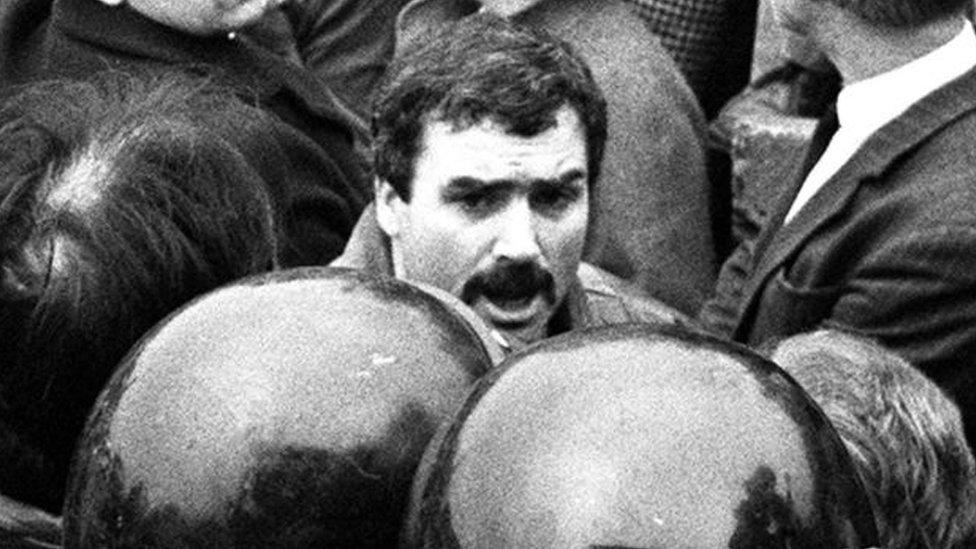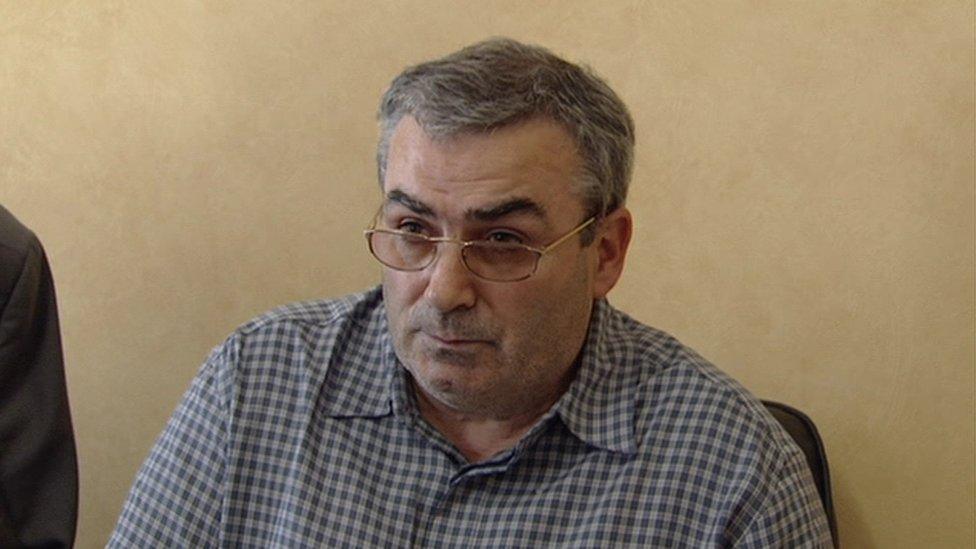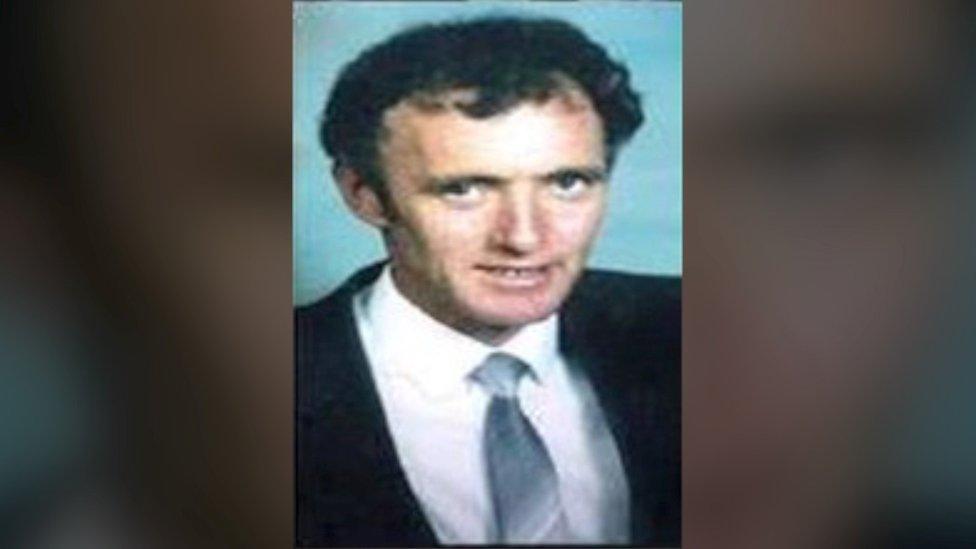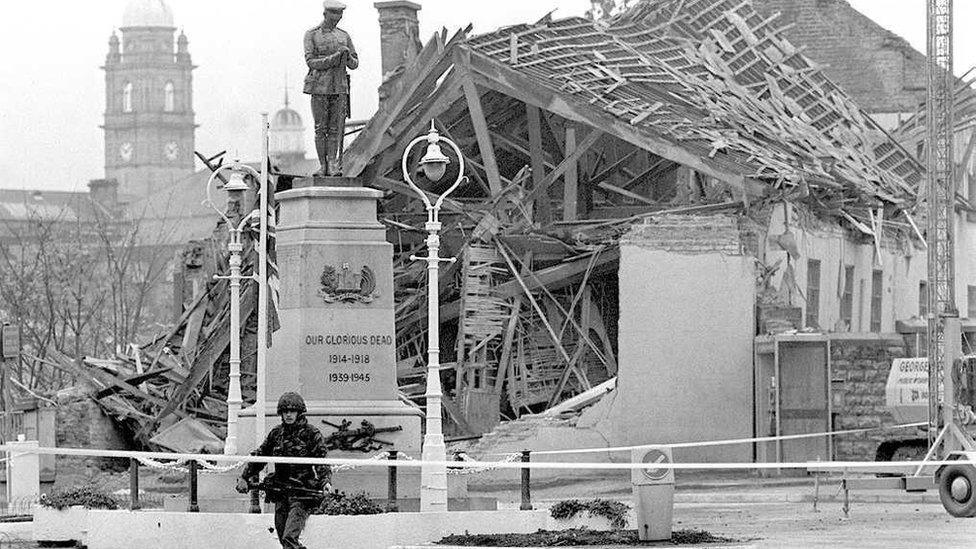Stakeknife: Operation Kenova report on IRA spy delayed
- Published

Belfast man Freddie Scappaticci denies he was Stakeknife, an Army agent within the IRA
The publication of a report into the activities of an Army agent in the IRA during the Troubles has been delayed.
Operation Kenova has examined crimes such as murder and torture linked to the agent known as Stakeknife, and the role played by the security services, including MI5.
Jon Boutcher, who leads the Operation Kenova team, said he could not confirm when the report would be complete.
Stakeknife is alleged to be Freddie Scappaticci but he denies the claim.
The west Belfast man left Northern Ireland in 2003 after several media organisations alleged that he had been working for the Army while he was at the head of the IRA's internal security unit.
It was responsible for identifying suspected informers, many of whom were murdered by the IRA after being kidnapped and tortured.

Who is Stakeknife?

Freddie Scappaticci is alleged to have been the most high-ranking British agent within the Provisional IRA, an individual given the codename Stakeknife.
Now in his 70s, Mr Scappaticci was the grandson of an Italian immigrant who came to Northern Ireland in search of work.
In 2003 he told the BBC he had been involved in the republican movement but denied claims that he was Stakeknife.
He left Northern Ireland when the media first published the allegations identifying him as the Army agent.

Last autumn it was expected that the Operation Kenova report would be published early this year.
But on Thursday Mr Boutcher said that a key stage of the report had "taken longer than I had hoped".
The process is at what is described as the "representations stage", during which individuals or organisation that are criticised in the report are given the opportunity to respond.
"It is essential it is done fairly whilst also ensuring it is expedited without undue delay," said Mr Boutcher.
"I must demonstrate all reasonableness towards those I have criticised before moving to the [next phase].
"Although I am disappointed with the delay, I wish to reassure victims and families that I have exercised due diligence with the representations process in the interests of the propriety of the report."
He said the next stage of the process would begin next month.
Mr Boutcher was chosen to lead the Operation Kenova investigation after serving as chief constable of Bedfordshire Police.
Related topics
- Published31 October 2022

- Published20 September 2021

- Published29 October 2020

- Published1 October 2019

- Published26 October 2022
